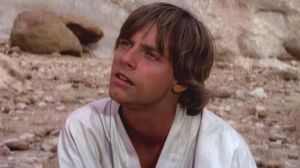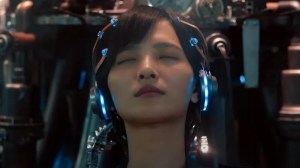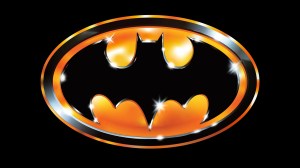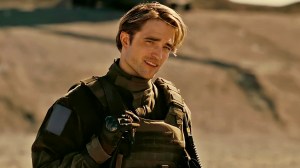While no formal announcement has been made, a Black Panther movie has reportedly been on the short list of future films for Marvel Studios for years. That chatter intensified in recent days when Marvel Studios CEO Kevin Feige mentioned in an interview that fans ask him about a potential Black Panther or Captain Marvel more than they ask him about Iron Man 4 or Avengers 3.
Videos by ComicBook.com
Created by Stan Lee and Jack Kirby as part of their industry-changing run on The Fantastic Four in the 1960s, the Black Panther, also known as T’Challa, was the first black superhero in mainstream American comics. He is the ruler of the fictional nation of Wakanda and became a member of the Avengers in 1968. He was the featured star of his very own solo adventure with Jungle Action #5 in 1973, and has been the focal point of a number of ongoing series since the 1990s.
The mix of political intrigue, weaponry and social satire, makes Black Panther one of Marvel’s most unique properties. As such, finding the right mix of these elements could be a bit of a challenge for Marvel Studios, but could pay off in a major way if the finished product matches the tone of some of the more successful Black Panther comic storylines in the character’s history. Here are five things we think a Black Panther movie should feature in order for it to be a winner for Marvel.
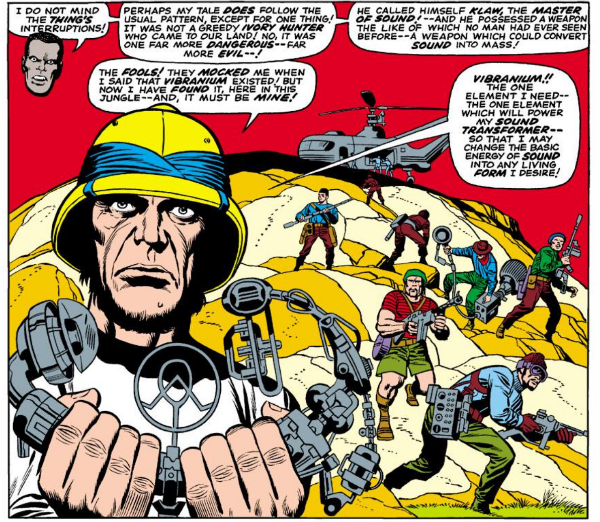
5. The Vibranium Connection
Vibranium, a fictional metal that has been a part of the Marvel Universe since the Silver Age, has already been worked into the Marvel Cinematic Universe as the incredibly strong material that was used to create Captain America’s shield. In the comics, T’Challa’s home country possesses one of the largest sources of this precious metal in the world, which in turn provides Wakanda with all of its financial and technological might.
Of course, the vast quantities of vibranium has also made Wakanda a target to poachers and other would-be invaders who would do anything to get their hands on the metal. As a result, Wakanda’s vibranium supply has been the primary source of conflict in almost every single great Black Panther comic book story. Marvel Studios would be wise to follow this template and establish the cinematic version of Wakanda as the home to this precious metal. It will help link the Black Panther character to other MCU films, while also providing plenty of fodder to cinematic storylines.
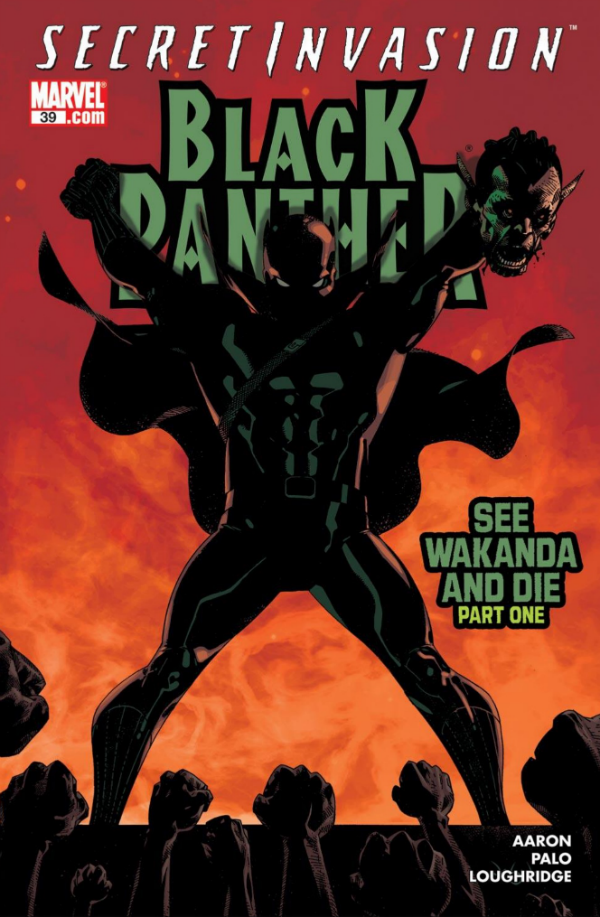
4. The Might of Wakanda
A central part of the Black Panther mythos is that an outside invader has never conquered his home country of Wakanda. But that hasn’t stopped a bunch of villains (and in some instances, the U.S. government) from trying, leading to many incredibly violent, if not fun, comic book stories that would work quite well on the big screen as long as Marvel was willing to push the limits of a PG-13 rating.
One of the most physically brutal Black Panther stories was a Secret Invasion tie-in story written by Jason Aaron and illustrated by Jefte Palo. This arc (found in Black Panther vol. 4 #39-41) features the invading Skrulls almost succeeding in conquering Wakanda before T’Challa (and his wife Storm, who will most certainly NOT be a part of a Marvel Studios film since she’s a Fox X-Men property) uses both his brains and his might to overcome the alien threat. Despite its high body count (including a number of bodies that have lost arms, legs and heads), the story is absolutely gripping and a fascinating demonstration of just how far T’Challa is willing to go to protect his people.
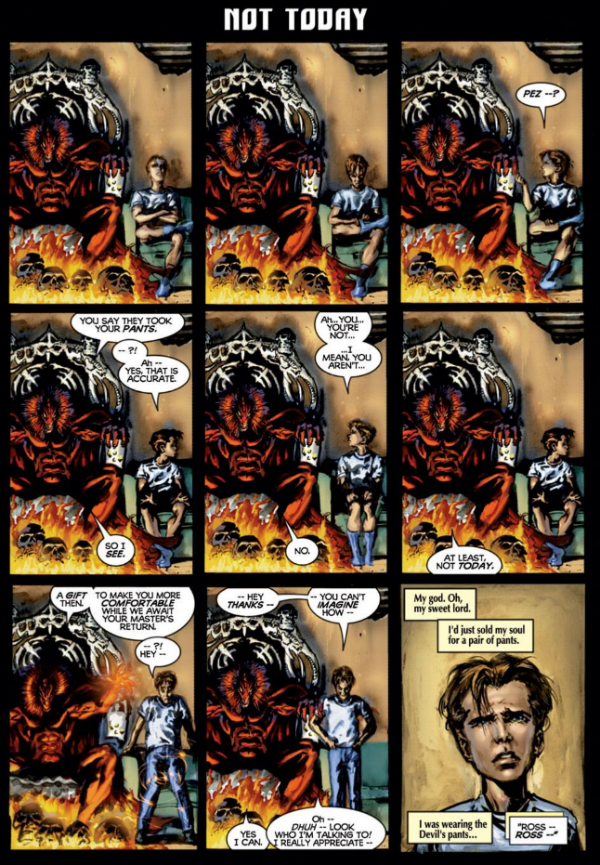
3. Devil Pants
A key character Christopher Priest introduced during his celebrated run scripting Black Panther in the late 90s was Everett K. Ross, an agent of the Office of the Chief Protocol who was assigned to support T’Challa while he was visiting in the United States. Ross functioned as a straight man of sorts who struggled to make sense of all of political/mystical craziness that followed his client around during his U.S. visits.
In one of the most memorable parts of Preist’s first arc, “The Client,” Ross unexpectedly finds himself entertaining Marvel’s dark lord of the underworld, Mephisto. To make the scene even more awkward, Ross is missing a pair of pants. When he complains about this in front of Mephisto, a pair of pants suddenly appears. Ross accepts the gift only to realize that he probably just sold his soul for a pair of pants – “the devil’s pants.”
Through Ross, Priest demonstrated that a Black Panther comic book could be quite funny. Considering how many jokes and sight gags have been packed into Marvel’s other films, Ross and his “devil pants” could be an easy way to work some humor into a Black Panther movie.
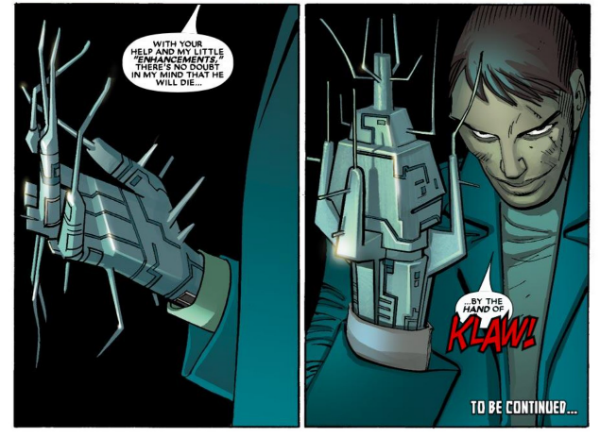
2. Klaw
Going back to Black Panther’s very first appearance in Fantastic Four #52, Ulysses Klaw, a physicist working in the field of applied sonics, was established as the arch nemesis of T’Challa and the people of Wakanda. Per the Black Panther’s origin story, Klaw and his gang of poachers murder T’Challa’s father in cold blood in order to get their hands on Wakanda’s valuable source of vibranium.
While Marvel Studios is reportedly swearing off of origin stories going forward, there’s no reason the “master of sound” Klaw shouldn’t be the inaugural villain in a Black Panther film. He’s too important to the character’s mythos, plus Klaw provides a logical bridge between T’Challa and the Avengers. That’s because in addition to antagonizing Wakanda, Klaw has also battled “Earth’s Mighiest Heroes” alongside Ultron as a member of the second iteration of the Masters of Evil supervillain group.
Klaw has been portrayed a number of ways over the years (he was especially goofy during the Secret Wars miniseries in 1984). He’s not one of Marvel’s most iconic villains a la Thanos or Loki, but he certainly has some history behind him and if done right, could be a fun addition to the MCU.
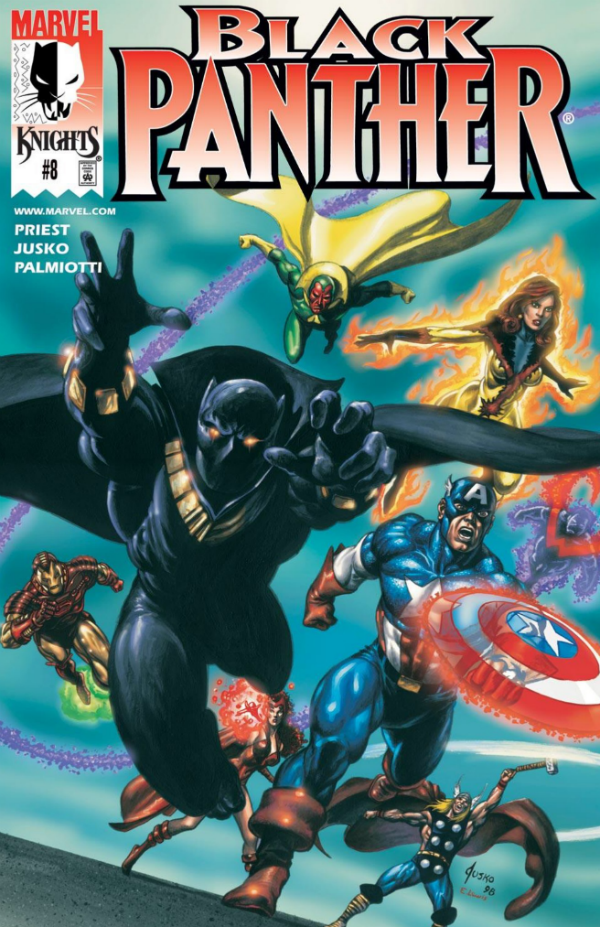
1. Political Intrigue
While Marvel Studios succeeded in its first foray into the political thriller genre with Captain America: The Winter Soldier earlier this year, a Black Panther film stands to top the Captain America sequel in terms of political intrigue and social commentary if the script stays somewhat true to the comics. For one, unlike most of Marvel’s other cinematic heroes, T’Challa is, by definition, a political figurehead as he is the king of the sovereign nation of Wakanda. As a result, many Black Panther storylines focus on politics from two angles – internally within Wakanda, and Wakanda’s relationship with other countries.
If Marvel chooses to insulate Black Panther and Wakanda from its other cinematic properties, it would only make sense for a film to focus on Wakandan politics, as the comics have often featured stories where rivals of T’Challa’s have challenged his claims to the nation’s throne (in the very first Christopher Priest story, one of his rivals stages a coup while T’Challa is in the United States).
But in all likelihood, Marvel Studios will attempt to connect T’Challa and Wakanda to the larger Marvel Cinematic Universe – after all, Black Panther does become a member of the Avengers by the late 1960s. If that’s the case, an easy source of conflict would be a storyline that focuses on Wakanda’s relationship with the United States. Certain Black Panther writers like Preist and Reginald Hudlin have crafted memorable stories where the United States has secretly attempted to undermine T’Challa’s political authority because of Wakanda’s valuable source of vibranium, wealth and weaponry. This political drama, in turn, has trickled down to T’Challa’s relationship with his Avengers teammates, including a few storylines where the team has unwittingly played a role in supporting the U.S. against Wakanda (and in a few instances, some Avengers have openly opposed T’Challa). If DC/Warner is going to give audiences Batman vs. Superman, why not Black Panther vs. Iron Man or Captain America?



